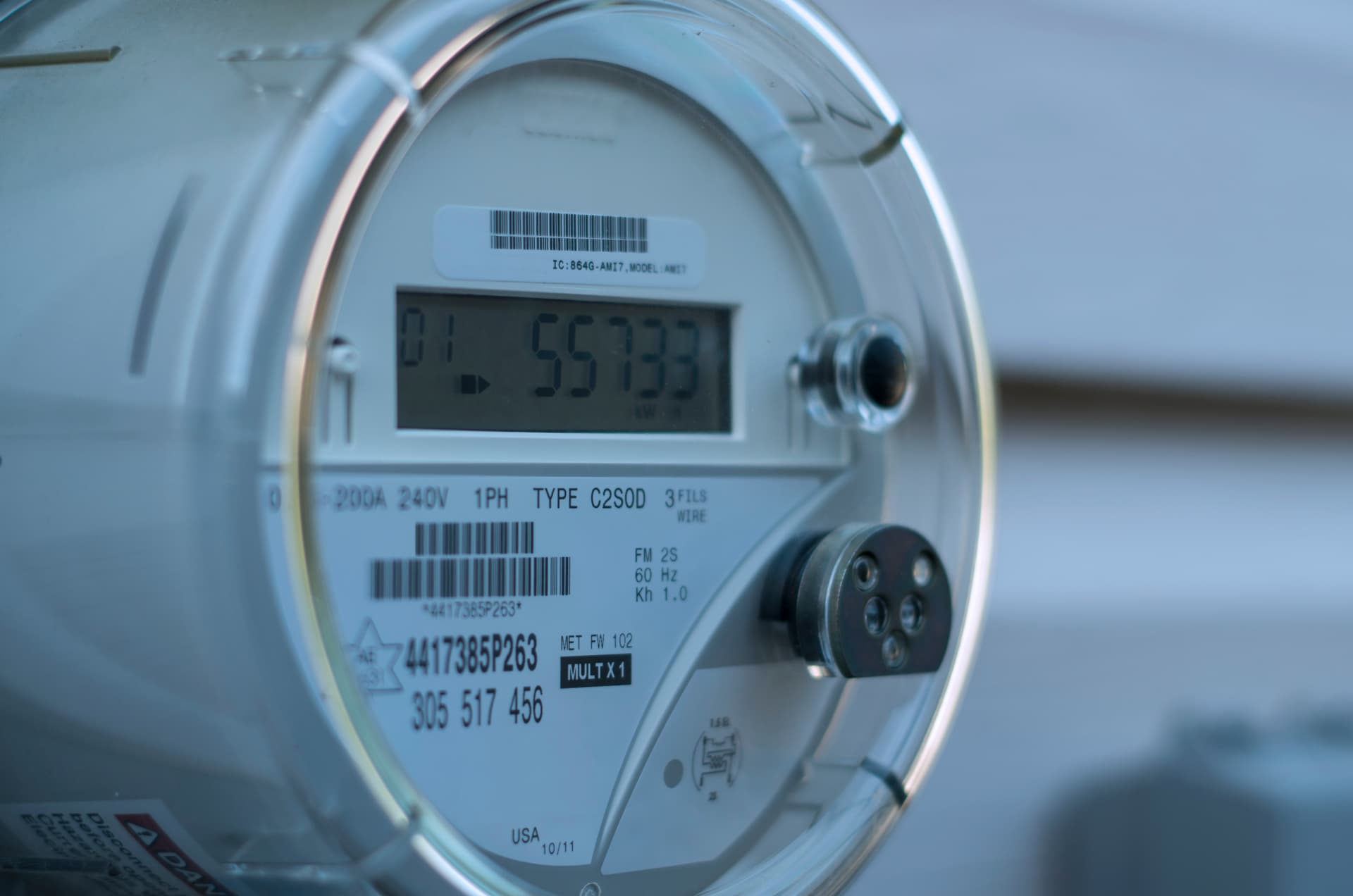Green light for smart meter roll-out

21.
April 2023
In view of the steadily advancing climate change and the sharp rise in electricity and heating costs, it is becoming increasingly important for every individual to be more conscious of their own energy consumption. This not only does something for the environment, but also saves money: less energy consumption not only means fewer emissions, but also a lower electricity bill at the end of the month. Smart meters are also designed to encourage more conscious use of energy. In January, the Bundesrat (upper house of the German parliament) approved a bill to ensure that these meters can soon be supplied on a large scale and installed in consumers' homes.
Smart meter roll-out gains momentum
Among other things, the law recently approved by the Bundesrat stipulates that smart electricity meters will be mandatory in all German households by 2028 at the latest. By 2032, the German government wants 95 percent of all German households to be equipped with a smart meter. Meanwhile, the cost of installing the meters, which network operators can pass on to consumers, will be capped at 20 euros per year.
The draft also provides for flexible electricity tariffs to be offered from 2025. Such a tariff could, for example, use smart meters to check at all times whether the price on the electricity market is particularly high at the moment - and the appliances in the household with the highest consumption could then be switched off or turned down accordingly.
Finally green light after long stop
Until now, the installation of smart electricity meters in Germany had made only slow progress. After the official launch in February 2020, the Higher Administrative Court (OVG) in North Rhine-Westphalia halted the obligation to install smart meters. The aim of Federal Minister of Economics Robert Habeck was therefore to jump-start the stalled relaunch of the digitization of the energy transition.
The (once again failed) launch in 2020 was already three years late - the law for the digitization of the energy transition had originally been launched in 2016.
More cost transparency thanks to smart meters
A smart meter does not reduce electricity consumption for the user simply by being installed. At least not directly. First and foremost, a smart meter helps users keep better track of their own energy consumption. This added transparency is achieved because the meter digitally records consumption and breaks it down in detail - so tenants and landlords alike can see where in the house or apartment the most energy is being consumed. Energy-saving potential can be identified accordingly.
Unlike conventional mechanical and even digital meters, smart meters can transmit the recorded energy consumption directly to the network operator. The network operators are obliged to install the smart meters at their own expense. However, they can pass these costs on to customers, but - as already mentioned - with a limit of 20 euros per year.
High security requirements for smart meters
Strict security requirements apply to smart meters. Among other things, so-called smart meter gateways are required by law - these are data hubs where the information collected about consumption is collected, encrypted and forwarded. Such gateways must first be installed in a building before smart meters are used (for example, for the individual apartments in an apartment building).
The installation costs for a gateway are higher, which means that higher costs can be passed on to consumers. These are nevertheless capped annually, depending on electricity consumption. Up to a consumption of 2,000 kilowatt hours (kWh) per year, this limit is 23 euros, up to 3,000 kWh 30 euros, up to 4,000 kWh 40 euros, up to 6,000 kWh 60 euros, up to 10,000 kWh 100 euros and above 130 euros.
The regulations for the installation of meters and gateways are set out in the Metering Point Operation Act (MsbG), which was passed in 2017. The metering technology itself must in turn be tested and approved by the German Federal Office for Information Security (BSI).
By the way, the smart meter roll-out does not (yet) apply to heating and water consumption, but only to electricity consumption. And this is despite the fact that there is great potential for savings in heating in particular. According to research results from the Fraunhofer Institute for Building Physics, families can reduce their heating costs by up to 17 percent in a new building and by up to 18 percent in existing buildings. Senior citizens can save 22 percent (in new buildings) and 20 percent (in existing buildings), and singles can even save 40 percent and 35 percent respectively on heating costs.